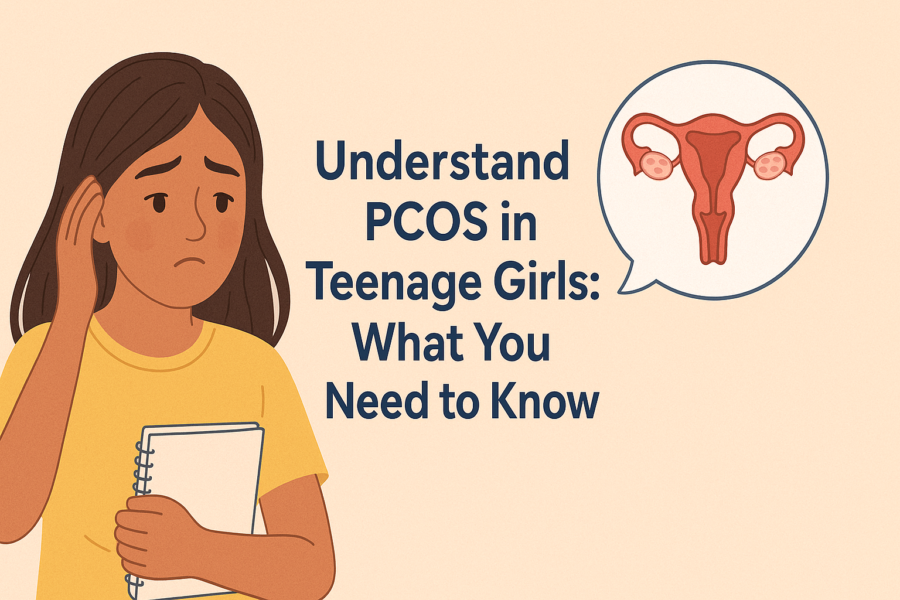Pregnancy is a transformative journey for any woman, both physically and emotionally. One aspect that often sparks debate and confusion is the topic of exercising during pregnancy. While staying active during this time is generally beneficial, there are numerous myths and misconceptions that surround it. In this comprehensive guide, we’ll delve into common myths about exercising while pregnant and debunk them with evidence-based information.
Myth 1: Exercising During Pregnancy Can Harm the Baby
One of the most prevalent myths is the belief that exercising during pregnancy can harm the baby. However, research overwhelmingly suggests otherwise. In fact, regular exercise during pregnancy can have numerous benefits for both the mother and the baby. It can help reduce the risk of gestational diabetes, preeclampsia, and excessive weight gain, among other benefits.
Myth 2: Pregnant Women Should Avoid All Forms of Exercise
Another misconception is that pregnant women should avoid all forms of exercise for fear of causing harm. However, the key is not to avoid exercise altogether but rather to engage in safe and appropriate activities. Most healthy pregnant women can continue with their pre-pregnancy exercise routines with some modifications and precautions.
Myth 3: Exercising During Pregnancy Can Lead to Miscarriage
This myth instills fear in many pregnant women, but there’s no scientific evidence to support it. In fact, research suggests that exercising during pregnancy does not increase the risk of miscarriage in healthy pregnancies. It’s essential to listen to your body, stay within your comfort zone, and consult with your healthcare provider before starting or continuing an exercise routine.
Myth 4: Exercising During Pregnancy Will Make You Overheat
While it’s true that pregnant women should avoid overheating, moderate exercise is generally safe and does not significantly raise core body temperature. It’s crucial to stay hydrated, wear breathable clothing, and avoid exercising in hot and humid environments. Swimming, walking, and prenatal yoga are excellent low-impact options that help regulate body temperature.
Myth 5: Weightlifting During Pregnancy Is Unsafe
Weightlifting during pregnancy is often misunderstood and feared, but when done correctly, it can be safe and beneficial. Strength training can help improve posture, alleviate pregnancy-related discomfort, and prepare the body for labor and delivery. However, pregnant women should avoid heavy lifting, focus on proper form, and consult with a qualified fitness professional for guidance.
Myth 6: Exercising During Pregnancy Can Cause Preterm Birth
There’s a common misconception that exercising during pregnancy can trigger preterm labor. However, research indicates that regular, moderate exercise does not increase the risk of preterm birth in uncomplicated pregnancies. In fact, staying active may help reduce the risk of preterm birth by promoting overall health and well-being.
Myth 7: Pregnant Women Should Avoid Abdominal Exercises
Many women are advised to avoid abdominal exercises during pregnancy for fear of harming the baby or causing diastasis recti (separation of the abdominal muscles). However, gentle abdominal exercises, such as pelvic tilts and modified crunches, can help maintain core strength and stability, which are essential for supporting the growing belly and preparing for childbirth.
Myth 8: Exercising During Pregnancy Will Lead to Excessive Weight Loss
Some women worry that exercising during pregnancy will result in excessive weight loss, which could be harmful to the baby. However, the goal of exercise during pregnancy is not weight loss but rather to maintain fitness, promote overall health, and support a healthy pregnancy. It’s essential to focus on nourishing your body with nutrient-rich foods and listening to your hunger cues.
Myth 9: Pregnant Women Shouldn’t Start Exercising If They Haven’t Done So Before
While it’s true that pregnant women should consult with their healthcare provider before starting a new exercise routine, it’s never too late to begin. Even women who haven’t exercised regularly before pregnancy can benefit from incorporating gentle activities like walking, swimming, or prenatal yoga into their daily routine. The key is to start slowly, listen to your body, and gradually increase the intensity as tolerated.
Myth 10: Exercising During Pregnancy Will Cause Varicose Veins
Varicose veins are a common concern for many pregnant women, but exercising does not directly cause them. In fact, staying active can help improve circulation and reduce the risk of developing varicose veins during pregnancy. Activities like walking, swimming, and cycling are excellent choices for promoting healthy blood flow and preventing venous insufficiency.
Exercising during pregnancy is not only safe but also highly beneficial for both the mother and the baby. By debunking these common myths and misconceptions, we can empower pregnant women to make informed decisions about their health and well-being. Remember to listen to your body, consult with your healthcare provider, and choose activities that feel comfortable and enjoyable. With proper guidance and precautions, staying active can contribute to a healthy and fulfilling pregnancy journey.






